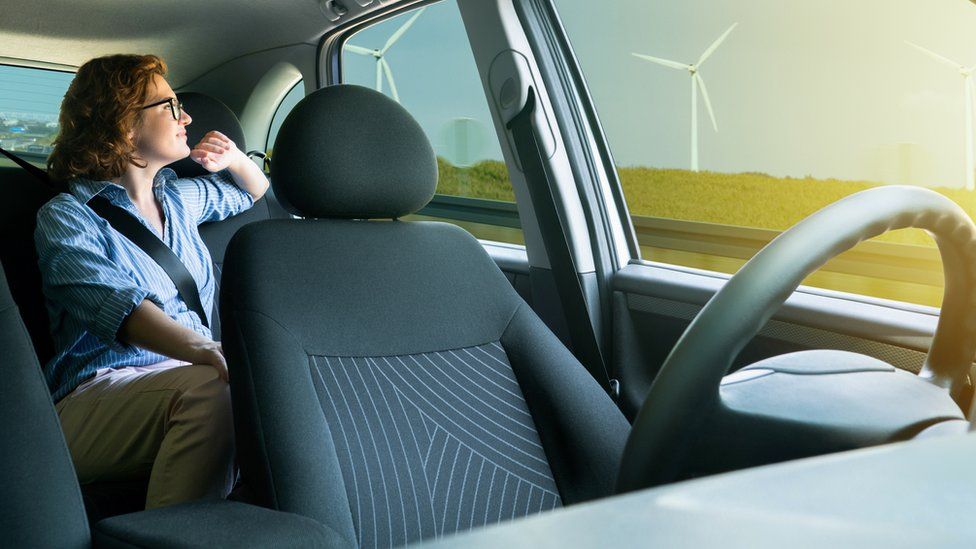According to an independent body that provides advice to the UK government, remotely operating a vehicle in the UK while residing elsewhere should not be permitted.
Currently, they are a "legal grey area," according to the Law Commission report on remotely operated vehicles.
Car rental companies want to use the vehicles that are currently used in warehouses, mines, and farms where an outside driver is in charge.
Also supported by the technology could be autonomous vehicles.
The commission, which examines English and Welsh law, asserts that there is no specific legal requirement for the driver to be inside the vehicle they are operating. .
It is neither "expressly forbidden nor prohibited," according to its report.
However, there is a lot of interest in using remote driver technology in situations where it could save time and money, like when renting out cars.
According to the report, two businesses are currently testing remote drive technology in the UK to deliver vehicles to customers.
Both companies expressed the hope that by the end of the year, it would not be necessary to have a safety driver inside the vehicle while it is being remotely operated.
Additionally, automated vehicles might benefit from remote driving. For instance, a remote safety driver could take control if a self-driving car ran into a problem it couldn't handle.
The report raised safety issues regarding a number of remote driving risks, including:.
- a break in the communication between the car and the remote driver.
- Remote drivers might be less "situationally aware" than people driving the car.
- A remote driver might experience a sense of detachment similar to that of a video game.
- the potential for cyberattacks and worries that compromised vehicles might be used in terrorism.
- the lack of an incident-handling driver. A remote driver, for instance, is unable to provide first aid following an accident.
In addition, there could be legal issues.
Many different European nations, including Estonia and Belarus, had been mentioned as potential locations for the operation centers of remotely operated vehicle developers.
However, the report argued that sending drivers abroad might make it difficult to prosecute them for crimes.
According to the statement, "it would not be possible to identify the driver and administer a breathalyzer test sufficiently quickly before the driver sobers up if the vehicle is driven, for example, in a way associated with drunk driving.
Due to "difficulties in enforcement," the report concluded that remote driving from abroad should be prohibited until "adequate international agreements" were in place.
A remote driver should be held accountable for their actions in the same way that a driver in the driver's seat would be, but organizations should be held accountable for technical issues that are out of the driver's control.
Additionally, it suggested that one of two new licenses should be mandatory for businesses using remote drivers to operate vehicles outside of their line of sight.
The Law Commission's Nicholas Paines KC stated: "Remote driving is an exciting technology, but before we see remotely operated cars on UK roads, we must address safety concerns through strict regulation. ".
According to Jesse Norman, the minister of transportation, the government will carefully consider the Law Commission's recommendations.







